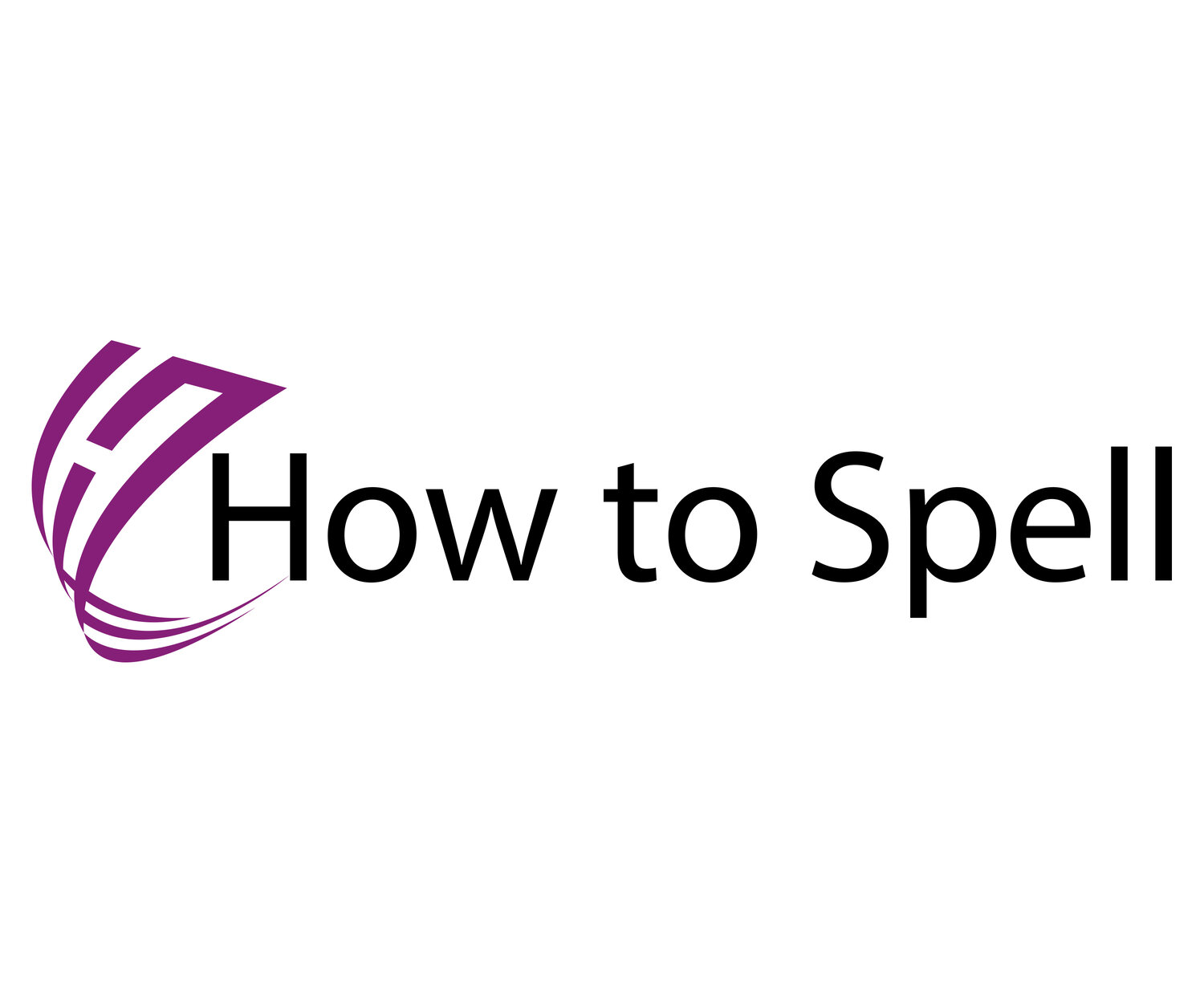Adding -es rule
1. Why and when do we add -es to words?
bus — buses, business — businesses, match — matches, box — boxes, fizz — fizzes
We add -es to words to make plurals and third person verbs
a. Plurals: watches, dishes, boxes
b. Third person verbs (he, she, it): He washes, she watches, it finishes
2. Which end letters do we add -es to? buses, glasses, dishes, matches, boxes, waltzes, teaches, passes, watches, finishes, fizzes, fixes.
Add -es to words ending in -s,-ss, -ch, -sh, -x, -z: wash — washes, box — boxes, match — matches, glass — glasses, business — businesses, quiz — quizzes (quizzes also has the 1:1:1 doubling up rule)
-es was added to words so that there aren't 3 s's in a row (passs), and also to aid pronunciation, and to help see the plural.
Exceptions: If the -ch ending is pronounced with a “k” sound then just add -s: stomach — stomachs
We also add -es to: potato — potatoes, tomato — tomatoes, do — does (he/she/it does) , go — goes (he/she/it goes) Check out Making plurals with words ending in O lesson
Let's do a spelling test
1. Have you got a pen and piece of paper. 2. Press the player above and write what you hear. 3. Don't worry about making mistakes. 4. After the test check your spellings carefully - letter by letter, correct the mistakes and do the test again tomorrow.
Practice makes progress makes perfect!
Answers
1. She watches TV every Wednesday.
2. He's a kitchen porter and washes dishes and polishes glasses.
3.This suit matches my shoes.
4. There are some new London buses which are so big they carry hundreds of people.
5. Could you please start putting these things in those boxes?
6. She has quite a few businesses in England and India.
7 He likes potatoes especially chips.
8. She goes shopping every day but at weekends she doesn't; she relaxes.
9. He does his shopping in the evening when it's quiet.
10. She usually finishes work at eight o'clock at night.
Try the exercise below.


